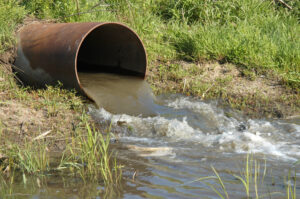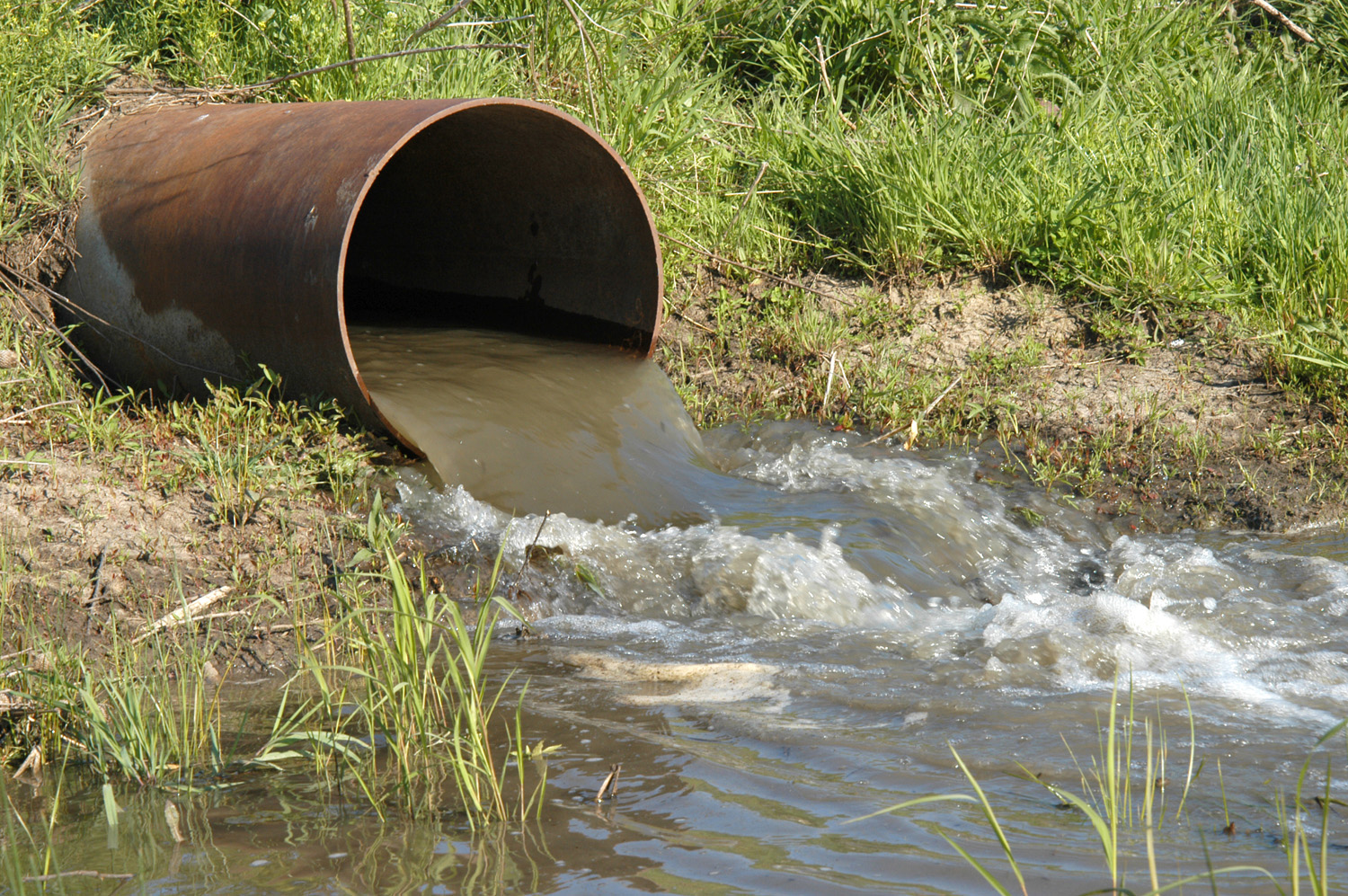COVID-19, we need a more precise detection system

TORONTO – In the absence of large-scale PCR testing, Canada must develop an accurate method to detect the presence of COVID-19. This is what experts say in this sixth wave that is recording a high number of hospitalizations: today they are 1,626.
Since the Omicron variant made its way, provinces and territories have reduced access to standard PCR testing, citing an inability to keep up with demand. Many people have since relied on the results of rapid antigen tests, but these are not so reliable in detecting this strain of Covid.
Faced with a situation of uncertainty and concern, epidemiologists say that there must be a better way to inform people about the trend of Covid infections in their communities.
Dr Caroline Colijn, a mathematician and epidemiologist at Simon Fraser University, said there are currently “too many infections” in Canada to expand access to PCR testing to everyone to find out the true number of infections.
Larger programs, Colijin says, could also be used to pick up other types of respiratory infections. “And I suspect they’re in development, but until they’re created, distributed, and the results are publicly available, people will have a hard time finding out what their risks are in their social group, in their community, and in the workplace,” he said.
Colijn said wastewater data is a really important source of information that can be shared publicly without compromising anyone’s private medical data and can help communities understand the widespread presence of COVID-19. But like PCRs and rapid testing, this method also has limitations.
There are numerous factors that could influence the analysis of wastewater, explains Caroline Colijn, such as precipitation, temperature and different variations, resulting in less accurate estimates of COVID-19 cases. What could work and give a reliable picture of the situation, Colijn said, is an integrated system that would incorporate wastewater data, along with PCR and rapid test results, in a way designed to paint a more accurate state of affairs regarding the number of COVID-19 cases present in a population and inform people about the risk of contracting the virus.
Peter Juni, director of the Ontario COVID-19 Science Advisory Table, noted that it is “probably not sustainable” to re-extend access to PCR testing to all symptomatic individuals due to the high cost of testing. “What is needed is a COVID detection system that can use a random sample in a population to try to understand what is really happening and that it can be boosted if necessary,” Juni said.
The director of the Scientific Technical Table also warned that there could be a small increase in infections after the Easter, Passover and Ramadan holidays. “The sixth wave has peaked – he said – an increase in cases would not fundamentally change the trajectory of this wave”.



